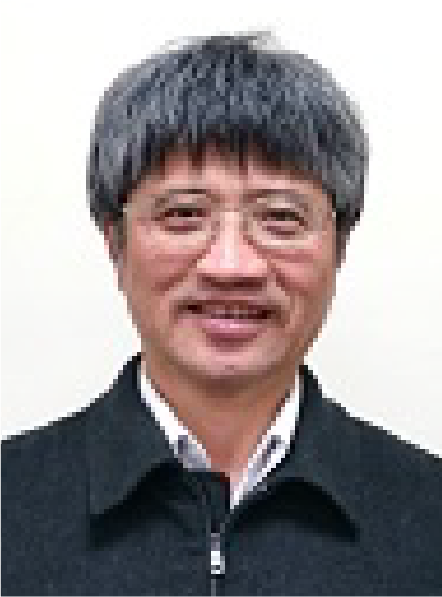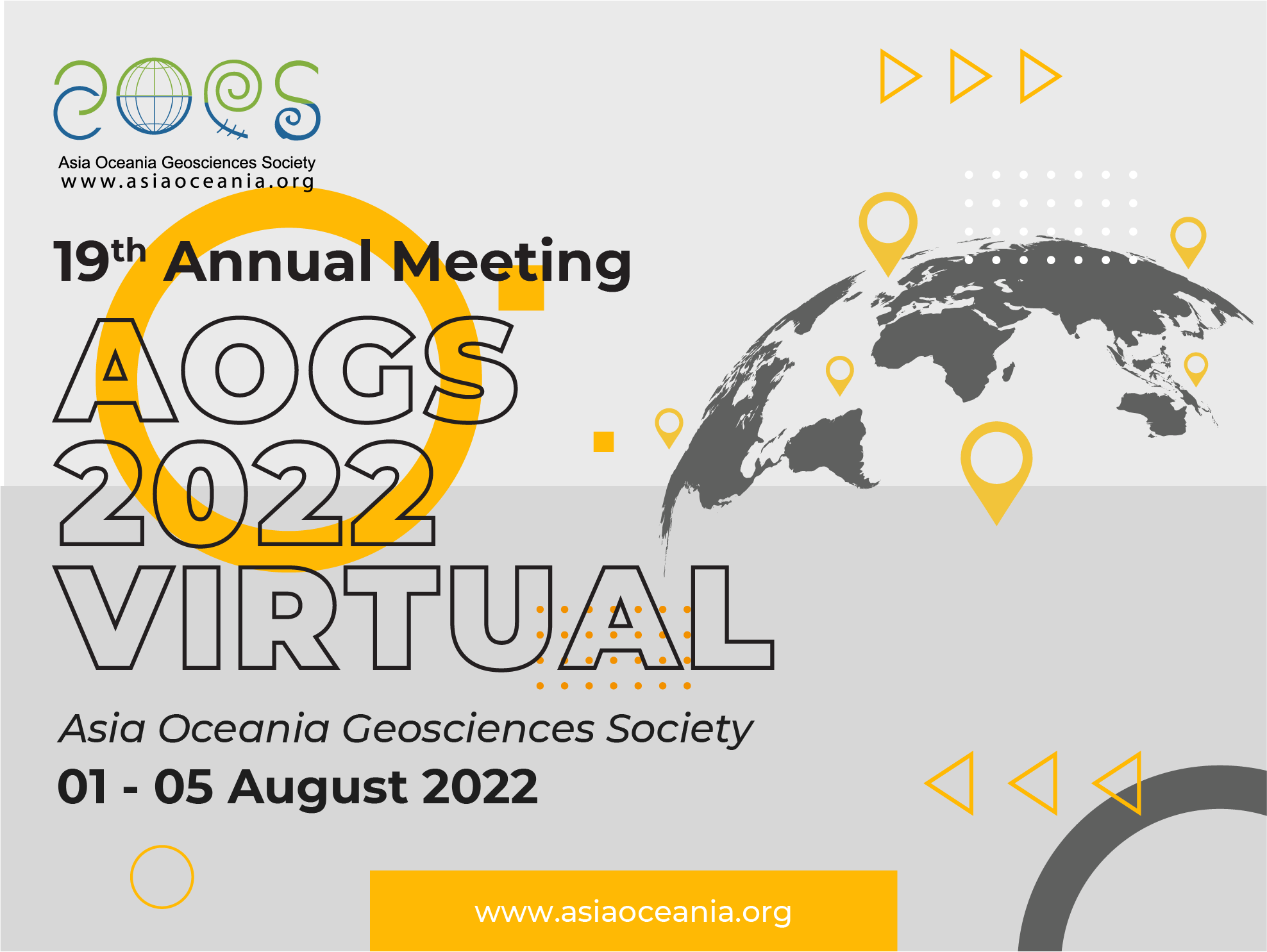
Jann-Yenq (Tiger) LIU
Program uses Singapore Time and is 8 hours ahead of GMT
School Talk/Live Q&A Tue-02 Aug 18:00 – 19:00
Ionosphere Disturbances Triggered by Earthquakes, Tsunamis, and Magnetic Storms
The total electron content (TEC) derived by network of ground-based GNSS (global navigation satellite system) receivers provide continuous measurements, which are ideally used to observe ionospheric disturbances triggered by earthquakes, tsunamis, and magnetic storms. In this talk, the GNSS TEC is used to study ionospheric disturbances induced by seismic waves of the 21 September 1999 M7.3 Chi-Chi earthquake, and tsunami waves activated by the 11 March 2011 M9.0 earthquake, as well as geomagnetic storms.
LIU, Jann-Yenq (Tiger) is a Chair Professor at Department of Space Science and Engineering, National Central University, Taiwan. He is the member of AOGS since 2003. He received BS, Atmospheric Physics Department, National Central University, Taiwan in 1980, and MS/PhD, Physics Department, Utah State University, USA in 1988/1990. He has been offering 14 core courses in physics and space sciences to 3000s undergraduate students and 200s graduate students. More than 60 MS and 20 PhD students have graduated under his supervision since 1990. He has been giving popular educations/talks in space sciences for elementary and high schools as well as general public since 1990. His research areas are in ionospheric space weather (solar flare, solar eclipse, and magnetic storm, etc.), ionospheric data assimilation, ionospheric radar science, space- and ground-based GNSS geosciences applications (ionospheric total electron content, seismo-traveling ionospheric disturbance, ionospheric-tsunami disturbances, and seismo-ionospheric precursors). His current works focus on seismo-ionospheric precursors of GNSS total electron content and satellite observations of ionospheric plasma; ionospheric-tsunami early warning; ionospheric weather assimilation/monitoring/forecast; and satellite payload development.

Jann-Yenq (Tiger) LIU
Department of Space Science & Engineering, National Central University
